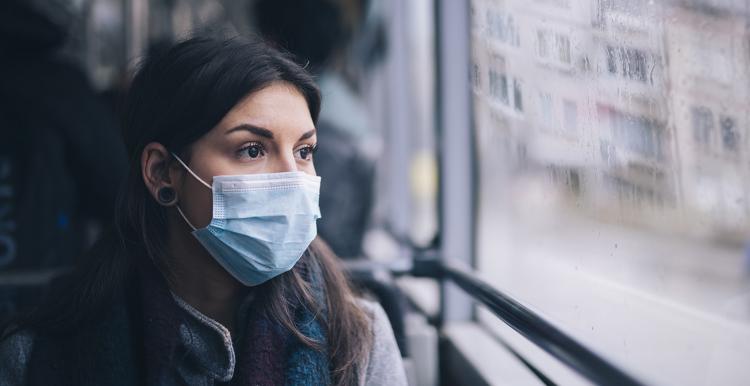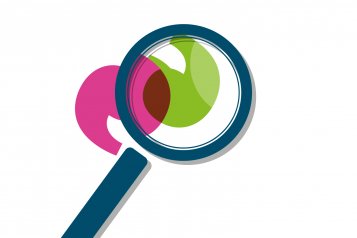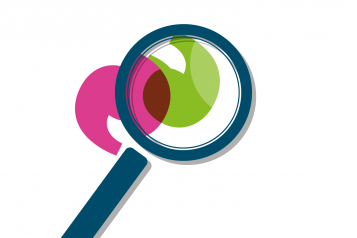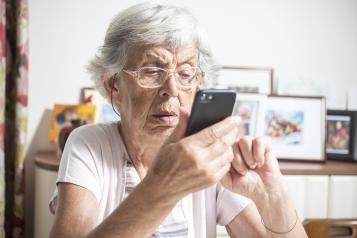Digital exclusion is even more of a concern during the coronavirus pandemic

- During the current crisis, the internet has been a vital resource for up to date information about NHS services, and guidance about Covid-19.
- Doctors, therapists and others are seeing patients in virtual meetings, prescriptions can be filled without going to the pharmacy and tools like e-consult let your doctor know if you need an appointment.
- Working and schooling at home, and shopping online (especially for those shielding or self-isolating) has made the internet an essential service for local residents.
However, not everyone is able to get online. The internet is only accessible to those with some digital know-how, and the financial means to have access to digital devices or to book shopping orders from more expensive suppliers with restrictive minimum spends.
'Communities, Covid-19 and You' Survey
We surveyed 200 local residents, 180 of whom were from minority ethnic communities disproportionately affected by the pandemic. We asked them whether they had accessed any online support or services during lockdown:
- 109 people said yes
- 83 people said no
Of those that didn’t access online support over half said they hadn’t needed to.
However, 38 said that it was because they had no access to a computer/mobile phone with internet access (15) and/or they didn’t know how to access online support (26).
I was encouraged to attend a women’s exercise session online. Unfortunately I was unable to join due to my limited and weak Mobile Data service.
The Office for National Statistics suggests that 1 in 10 UK residents do not have access to the internet. The proportion among our survey respondents is about twice that much. 24 of these respondents also selected the lowest number possible when asked to pick a number between one and ten to represent their confidence to access services online.
It is not just older people lacking digital skills and confidence who can end up excluded. Other residents don't have access to the internet, or to internet capable devices. This issue has been exacerbated by the closure of public libraries during lockdown. A staff member at Islington Somali Council explained some of the difficulties experienced within his community.
‘Some children don’t have internet at all. The schools are sending lessons to the children but… if the parents aren’t IT literate they can’t help them. Many homes don’t have laptops or only have one, but six school-aged kids.’
Read the report
'The impact of Covid-19: Community feedback on life during lockdown.'
We surveyed 200 local residents. We asked them about their experiences of lockdown, and of the coronavirus pandemic more broadly. We then supplemented the survey findings with additional data drawn from other conversations we have had with residents and community organisations, and from engagement activities we have held online.


